
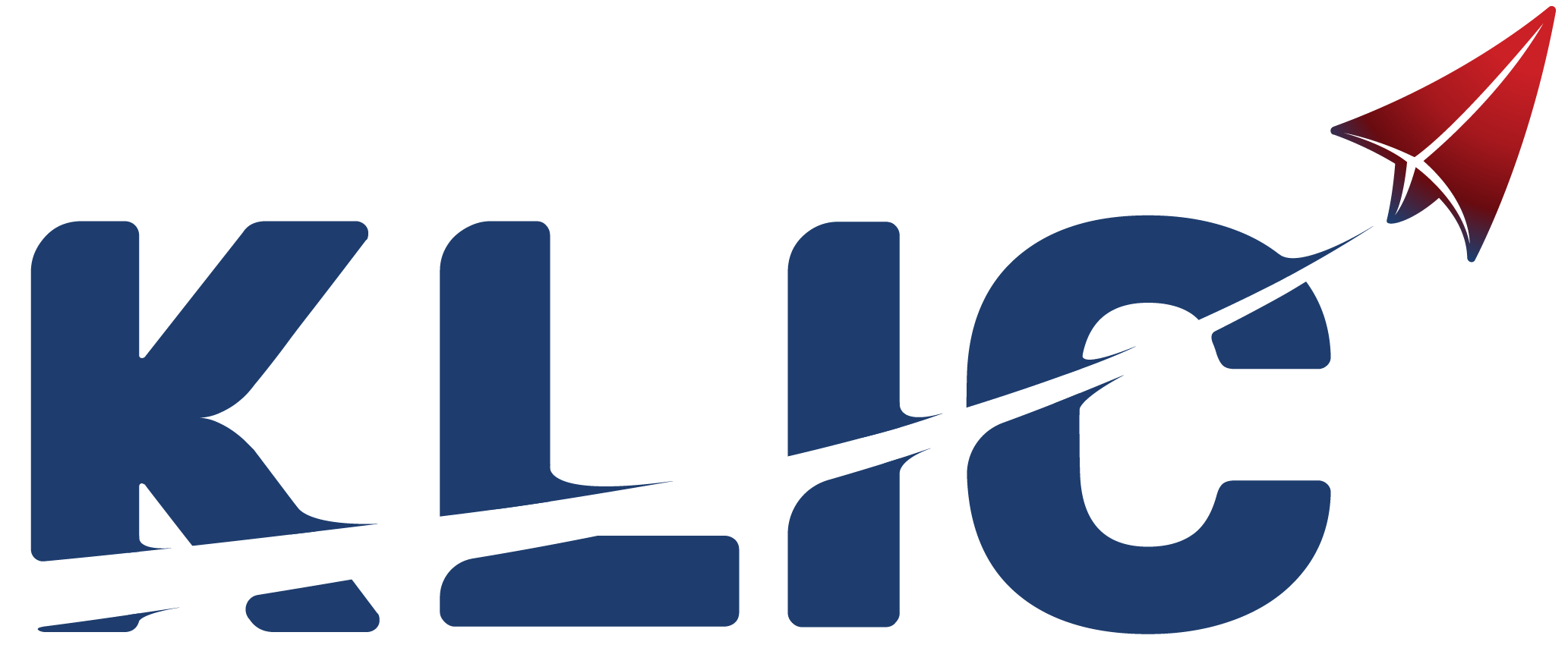
Knowledge Lab for Innovation Community (KLIC)
A connecting platform for innovation users, innovators, researchers, and investors to collaboratively accelerate primary health care with need-based leading-edge solutions, founded by GaneshAID.
What is KLIC?
Established by GaneshAID, the Knowledge Lab for Innovation Community (KLIC) is a pioneering think tank and network committed to informing countries about available health innovations and accelerating their evidence-based implementation and scale-up at the country level. We aim to strengthen countries’ capacity to lead and manage the implementation and scale-up of pro-equity innovations, fostering a country-led movement of health system modernization.
Mission
Nurturing innovative thinking for novel solutions
to address immunization equity obstacles.
Vision
Inspire all Governments with impactful innovations
for modern health and immunization systems
that reach all communities.
What does KLIC do?
Connect
Connect
proven ideas and interventions
for health equity
with countries in need
Support
Support the development
of strategies for introducing,
testing, and scaling up
pro-equity innovations
Inspire
Inspire the design
of missing pro-equity solutions required to overcome
health equity challenges
Build
Build
sustainability partnerships for continuous modernization
of health systems
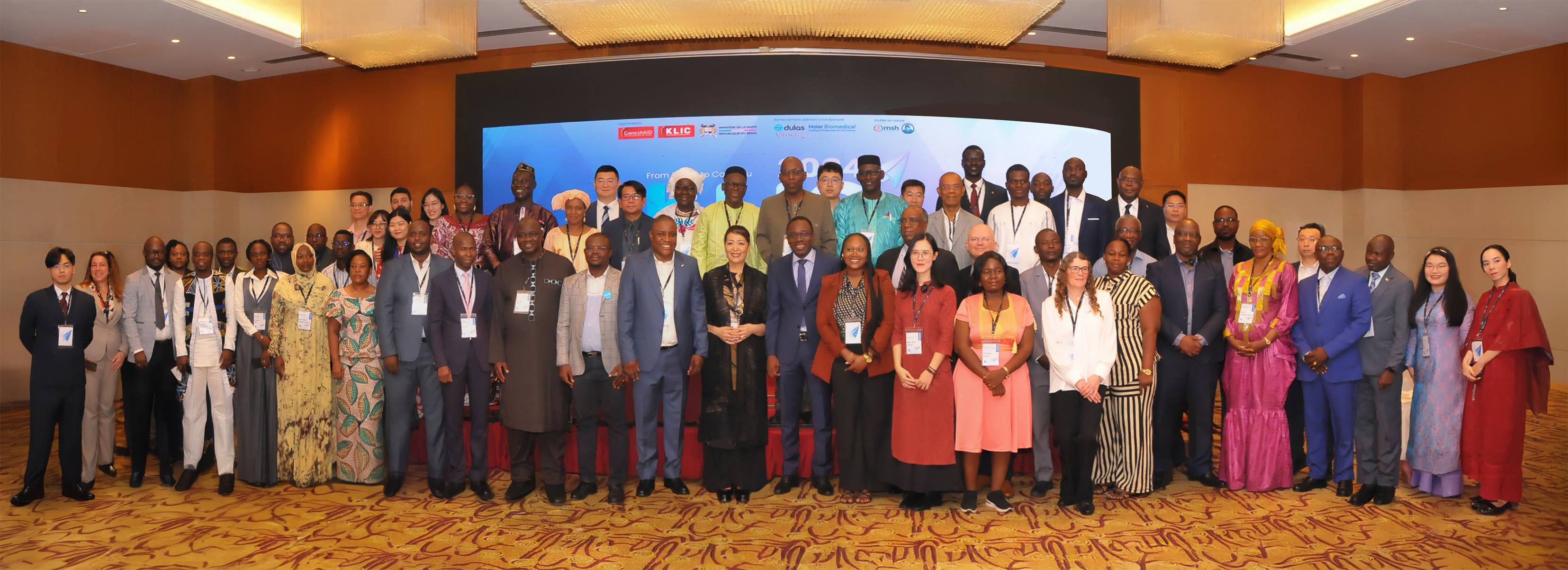
KLIC2024: Leveraging Immunisation Innovations to Modernise Primary Health Care
KLIC2024 Objectives
Document innovative strategies to mitigate vaccine misinformation.
Map pioneering solutions to reach underserved populations in rural, conflict, peri-urban, and special populations areas.
Share revolutionary approaches to fighting epidemics and supporting humanitarian aid.
Improve the innovation ecosystem at the country level.
KLIC2024 Key Findings
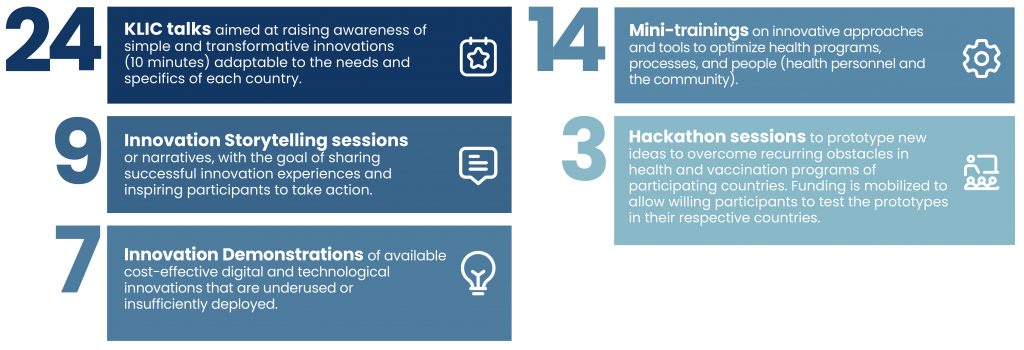
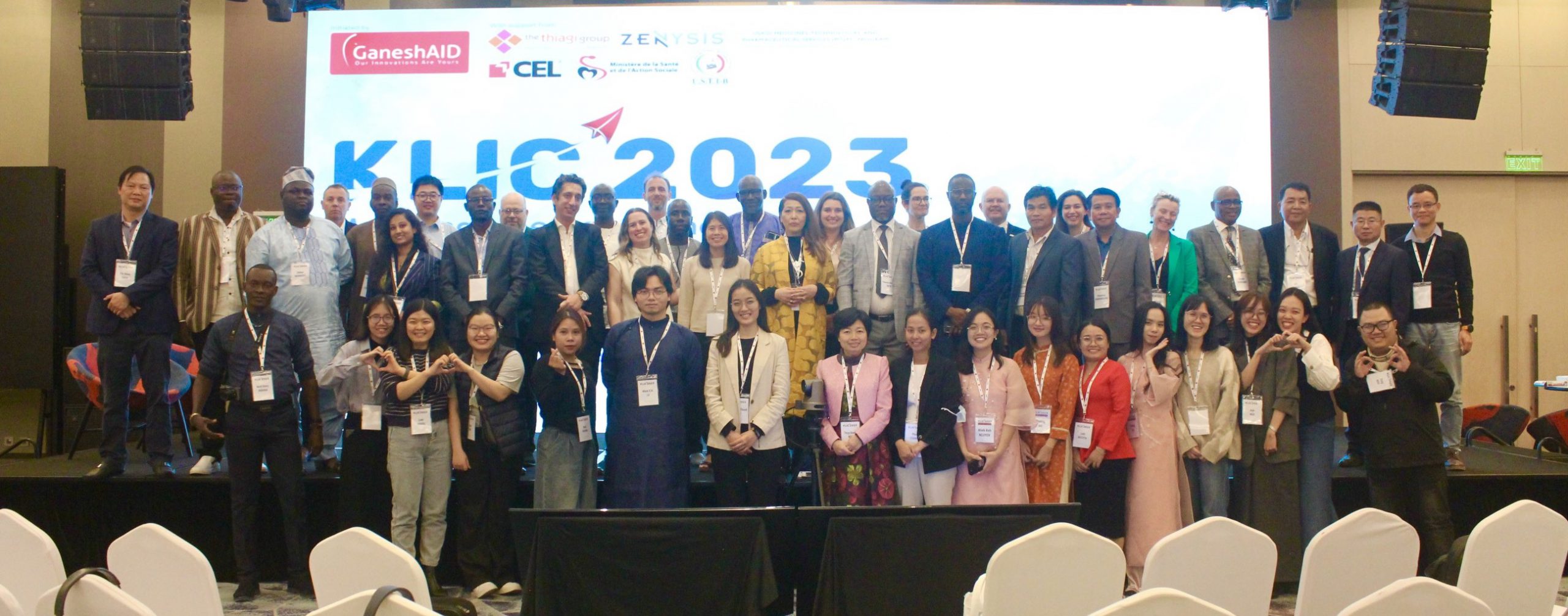
KLIC2023: Matching Need and Innovation – The Immunisation Use Case
KLIC2023 Key Findings
SHARED OBSTACLES
Knowledge sharing revealed the same obstacles faced by African and Asian countries.
ISOLATED INNOVATIONS
South-South cross-learning revealed that many helpful innovations remain unknown due to a lack of information or evidence.
INSUFFICIENT CAPACITIES
Governments’ capacities to drive the innovation agenda require strengthening.
READINESS
Countries are willing to innovate and modernize immunisation programs.
FRAGMENTED INNOVATION INFORMATION
There is an urgent need to invest in innovation intelligence to optimize innovation processes.
INNOVATION STRATEGIES
Innovation has to become an integral part of policymaking and service delivery for systematic adaptation in times of change.
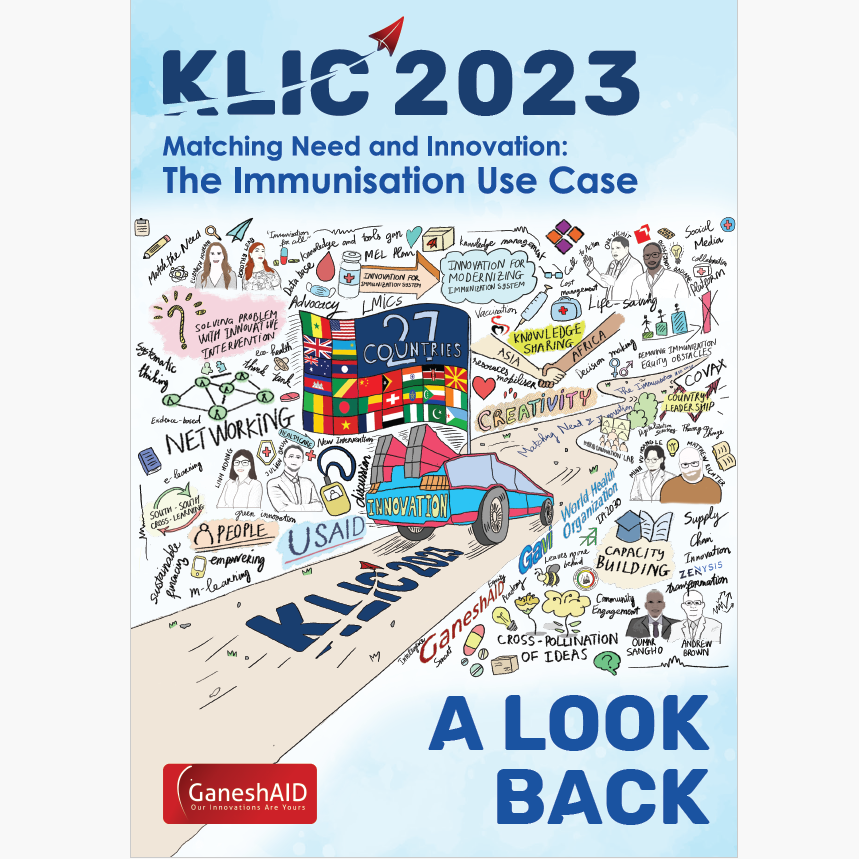

Innovation e-Agora is a series of initiatives within the KLIC framework, a community of motivated pioneers with innovative ideas for improving health equity. KLIC provides up-to-date insights on Global health innovations and facilitates capacity building to introduce, test, refine, and scale-up innovations that address persistent obstacles to Health equity in low- and middle-income countries.
An insightful session where passionate members of the KLIC community including global health experts and innovators gathered to delve into the key outcomes and findings of the Innovation Lab event, KLIC2024, under the theme “Leveraging Immunisation Innovations to Modernise Primary Health Care”, and discussed exciting ideas for the path ahead as the community of pioneers in global health innovations.
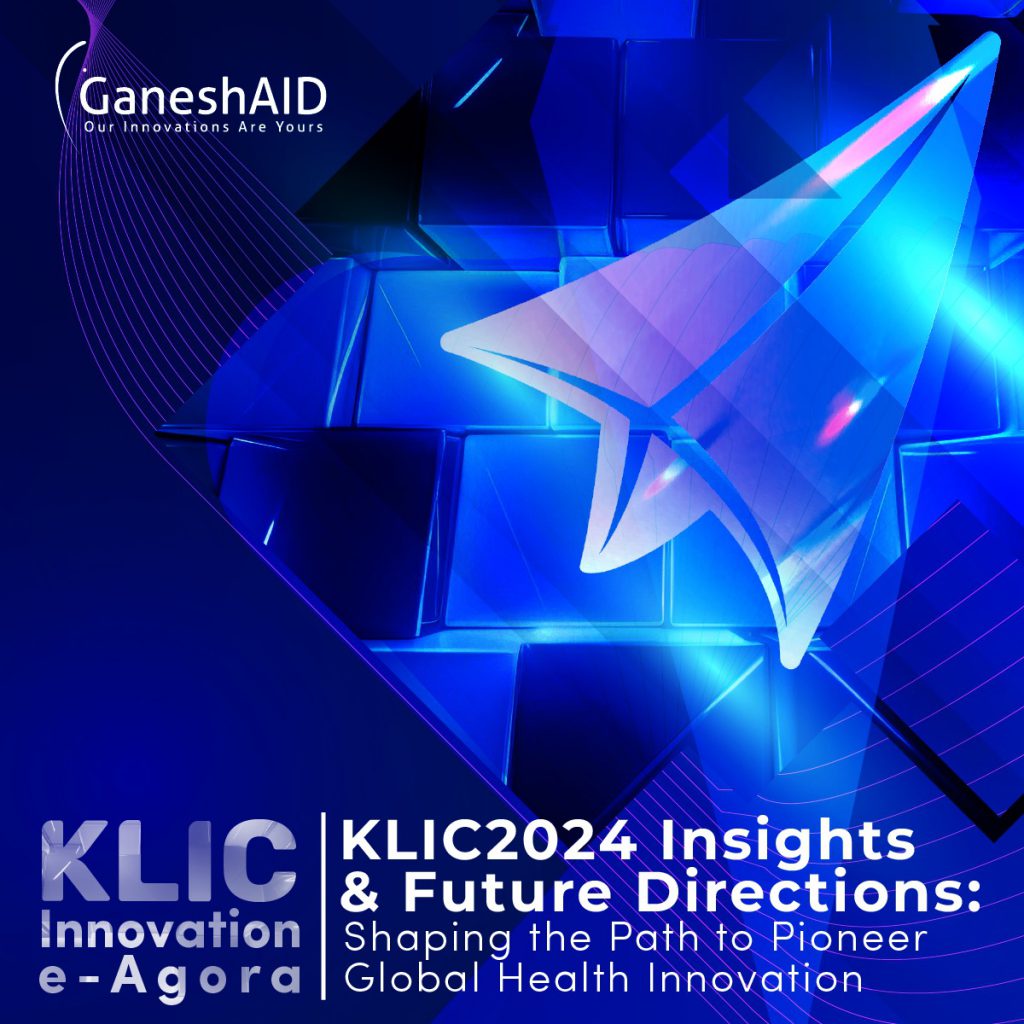
Save the date for the next chapter in our series: Innovation e-Agora #2! This eagerly anticipated event promises to bring together the brightest minds in global health innovation for another dynamic and engaging session.
In this insightful session, we will spotlight the following key topics:
- Problems of equitable distribution of vaccines and supplies, especially in hard-to-reach areas: Application of drones
- Insufficient demand for vaccination benefits: Virtual assistants to improve public awareness and education.
- Zero-dose and under-immunized children: Targeting vaccination strategies to reduce EZDs, ESVs, and missed communities in conflict zones.
Event Details:
Location: Online via Zoom
Date: January 22, 2025
Time: 4 PM (GMT+7) / 10 AM (GMT+1)
Reserve your spot today by completing the registration form by Monday, January 20th, 2025 using the following link: Registration form.
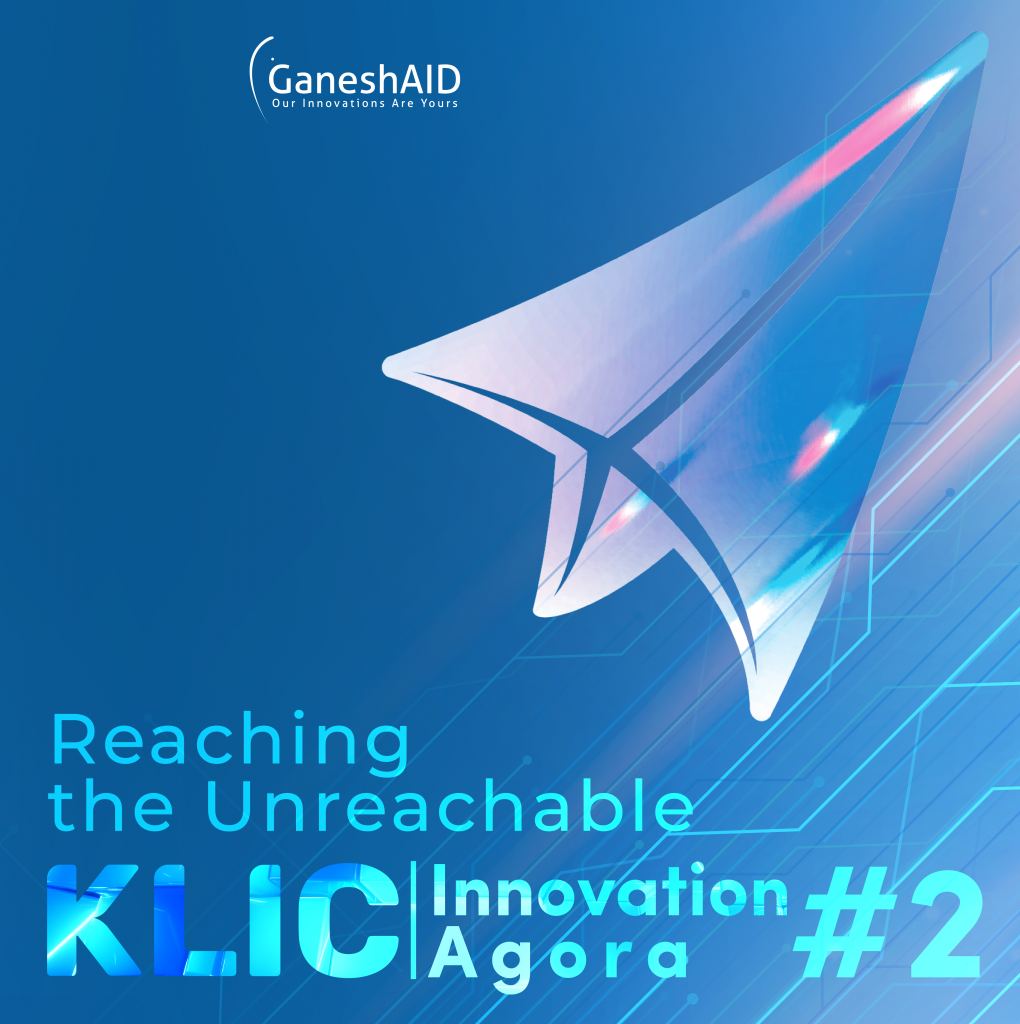
Join Us Now!
Become a part of this dynamic community that values knowledge creation and sharing to solve the most pressing health challenges of our time. Engage with KLIC to learn more about our work and how you can contribute to the health system modernization in LMICs.
